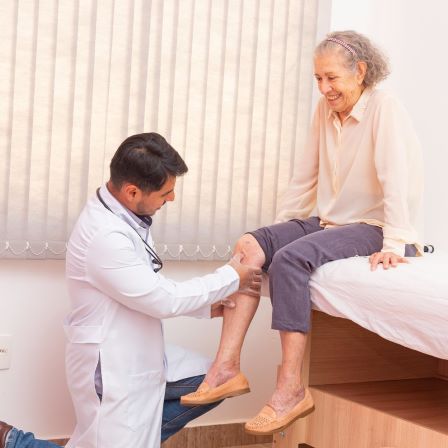An unstable knee is a condition in which the knee joint feels loose or wobbly, making it difficult to bear weight or move the leg. This condition can be caused by damage to the ligaments, cartilage, or other structures in and around the knee joint.

An unstable knee occurs when the supportive structures of the knee joint become damaged, resulting in a wobbly or loose feeling in the knee. Some common causes of an unstable knee include:
An unstable knee can refer to a knee that gives way, feels wobbly or loose, or feels like it may buckle or collapse. Here are some common symptoms of an unstable knee:

If you exhibit these symptoms, your doctor will likely conduct a comprehensive physical examination to assess the stability of each ligament and may request diagnostic imaging tests like X-rays, MRI, or CT scans to confirm the diagnosis of knee instability.